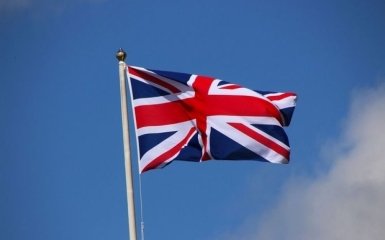Great Britain has joined the new US sanctions against Russia, which the United States introduced on June 12.
Points of attention
- The sanctions affected Mosbourza, a number of banks and prominent financial figures, causing a halt in trading and possible confusion of exchange rates.
- More than 40 legal entities and individuals were included in the list of sanctions, including companies from China, Turkey and Israel, which supported Russian aggression against Ukraine.
- The expansion of secondary U.S. sanctions for supporting the war against Ukraine covered more than 300 individuals and organizations from various countries, including key financial institutions and manufacturers.
What is known about British sanctions against the Russian Federation
As noted, the largest in Russia in terms of volume of trades, the Moss Exchange, the National Settlement Depository (NRD), the National Clearing Center (NCC), the SPB Exchange, several banks and six Russian courts fell under the new British sanctions.
In addition, the sanctions affected the chairman of Mosbirzhi Yuriy Denisov and the founder of Kismet Capital Group Ivan Tavrin (the group, in particular, owns Avito), the co-owner of Astra Group Denys Frolov and the owner of S8 Capital Group Armen Sarkisyan and others.
Companies from China, Kyrgyzstan, Turkey, Israel, the Central African Republic and the UAE, which helped Russia wage war against Ukraine, bypass previous sanctions, or supplied them with the necessary equipment, drones and boards, also fell under the restrictions.
The new list of sanctions includes more than 40 legal entities and individuals.
The US expanded secondary sanctions against Russia
On June 12, 2024, the United States imposed sanctions on more than 300 people and organizations from Russia, Asia, the Middle East, Europe, Africa, and the Caribbean that support Russia's war against Ukraine.
The Moscow Stock Exchange, VEB.RF, Sberbank of Russia, VTB Bank, Promsvyazbank, Gazprom invest, Russian engineering and shipbuilding plants, manufacturers of drones and satellites, as well as 90 foreign companies and individuals who help the Russian Federation to circumvent the sanctions, have been sanctioned.
The mass media note that the sanctions hit the heart of currency trading in the Russian Federation. It could lead to a black market for dollars and euros.
Moscow Stock Exchange announced the suspension of trading after the sanctions list was published. This can lead to the emergence of parallel exchange rates.




